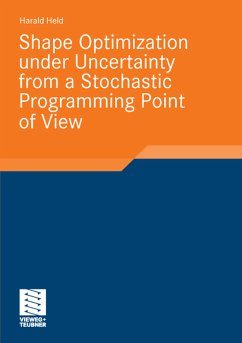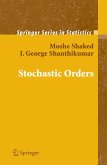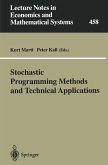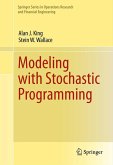Optimization problems are relevant in many areas of technical, industrial, and economic applications. At the same time, they pose challenging mathematical research problems in numerical analysis and optimization. Harald Held considers an elastic body subjected to uncertain internal and external forces. Since simply averaging the possible loadings will result in a structure that might not be robust for the individual loadings, he uses techniques from level set based shape optimization and two-stage stochastic programming. Taking advantage of the PDE's linearity, he is able to compute solutions for an arbitrary number of scenarios without significantly increasing the computational effort. The author applies a gradient method using the shape derivative and the topological gradient to minimize, e.g., the compliance . and shows that the obtained solutions strongly depend on the initial guess, in particular its topology. The stochastic programming perspective also allows incorporating risk measures into the model which might be a more appropriate objective in many practical applications.
Dieser Download kann aus rechtlichen Gründen nur mit Rechnungsadresse in A, B, BG, CY, CZ, D, DK, EW, E, FIN, F, GR, HR, H, IRL, I, LT, L, LR, M, NL, PL, P, R, S, SLO, SK ausgeliefert werden.









